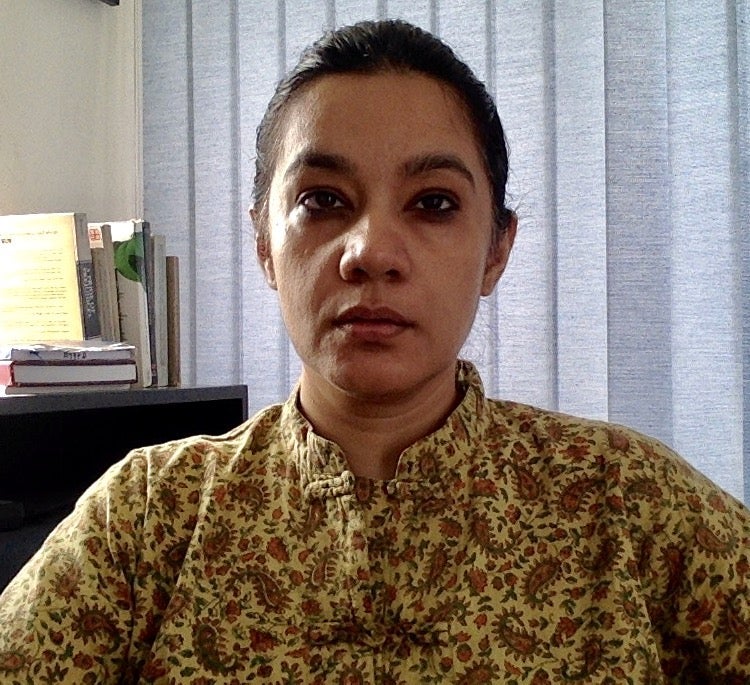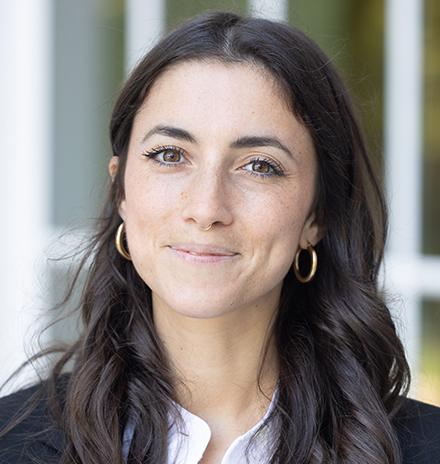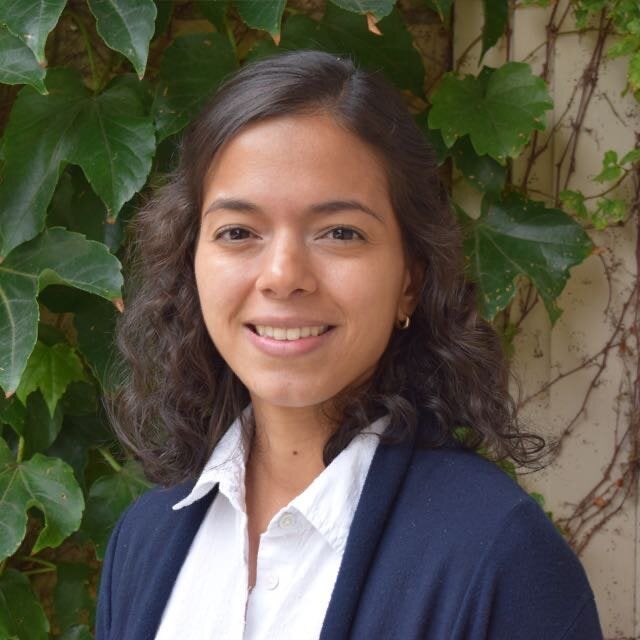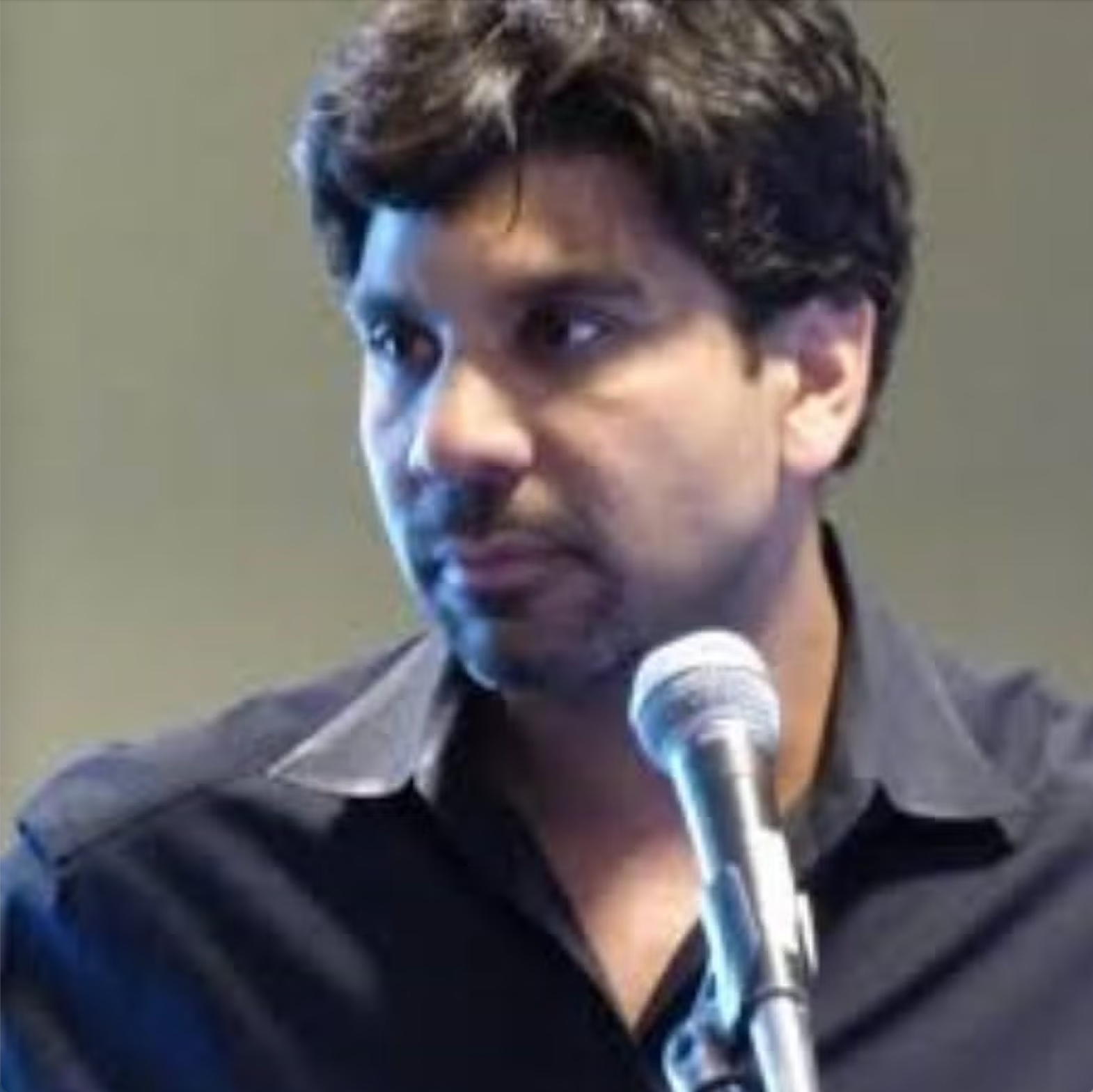Seminar Series Fall 2024
A weekly seminar featuring guest speakers presenting cutting-edge research in development economics. Please note that the series this semester will be in person. All seminars will take place from 1:00-2:15 on Thursdays in ICC 550.

Sule Alan, Cornell University
September 12, 2024
Managing Adolescent Behavior in the Classroom to Improve Learning
We evaluate a classroom management program designed to foster a positive learning environment in disadvantaged middle schools. The program encourages teachers to shift the responsibility of establishing positive behavioral standards and eliminating disruptive behavior to students. Covering over 7,500 students from 127 middle schools in Bangladesh, we find that the program significantly improves classroom social climate, measured as enhanced cooperation, positive behavioral norms, a higher sense of belonging, and strengthened social support ties. We show that high-ability students are the primary beneficiaries of this improved social climate. This subgroup exhibits a significant improvement in academic performance, achieving higher scores than their untreated counterparts in math and language tests. Our study highlights the vital role of effective classroom behavior management in achieving high academic performance.

Muhammad Meki, University of Oxford
September 19, 2024
Microfinance and Mutuality: Experimental Evidence on Credit with Performance-Contingent Repayment (with Francesco Cordaro, Marcel Fafchamps, Colin Mayer, Simon Quinn, and Kate Roll)
A large food multinational wishes to help micro-distributors in its supply chain with the financing of a productive asset. Collaborating with the firm in Kenya, we conduct a field experiment to compare asset financing under a traditional debt contract to three alternatives that provide a greater sharing of risk and reward. We find the largest impacts from a novel hybrid contract that combines both debt- and equity-like features. The results suggest substantial mutual benefits for the multinational, its micro-distributors, and stock-points within its supply chain. These findings demonstrate the economic appeal of financing contracts that harness the improved observability of performance data in many low- and middle-income settings.

Guo Xu, University of California, Berkeley
September 26, 2024
Beyond the Great War: The Intergenerational Effects of Female Public Service

Farzana Afridi, Indian Statistical Institute (Delhi), Visiting Professor at the Munk School of Global Affairs, University of Toronto
October 3, 2024
Social Networks, Gender Norms and Labor Supply: Experimental Evidence Using a Job Search Platform
This paper studies the role of job search frictions and gender norms in shaping intrahousehold labor market outcomes in developing countries. We conduct a field experiment in Delhi, India where we randomly offer access to a hyper-local digital job search and matching platform either to married couples only (non-network treatment), or together with the wife’s peer network (network treatment), or not at all. Approximately one year later, we find that couples in the non-network treatment group exhibit a degree of substitution in labor supply – wives reduce their intensive margin of work, driven by withdrawal from casual labor, while husbands increase theirs. In contrast, husbands in the network treatment group increase their labor supply on both extensive and intensive margins but with no impact on their wives’ labor supply on either margin. Instead, wives’ occupational structure shifts towards self-employment in the network treatment group. Our findings can be explained by a simple conceptual framework that incorporates gender-differentiated job search frictions, conservative social norms against (married) women’s market work and home-production constraints.

Travis Baseler, University of Rochester
October 10, 2024
Can Redistribution Change Policy Views? Aid and Attitudes Toward Refugees
Many public policies create (perceived) winners and losers, but there is little evidence on whether redistribution can support new political economy equilibria that raise aggregate welfare. We study a Ugandan policy that redistributes 30% of foreign aid for refugees to Ugandans while allowing refugees to work and move freely. To test whether compensation influences support for refugee integration, we randomly distribute cash grants to natives which are explicitly labeled as aid shared from the refugee response. We find substantial impacts on policy preferences that persist for at least two years and work through changing beliefs about the economic effects of refugees on Ugandans. Sharing information about public goods funded by the refugee response but not providing a grant has smaller, though still significant, effects. In contrast, we find no persistent impacts of inter-group contact, implemented as business mentorship by an experienced refugee. We find consistent impacts of compensation in Kenya, where support for refugees is lower. Our results indicate that economic interventions can shape policy views even on issues greatly influenced by cultural concerns, such as immigration.

Shaoda Wang, University of Chicago
October 17, 2024
The Law and Economics of Lawyers: Evidence from the Revolving Door in China’s Judicial System (Zhuang Liu, Wenwei Peng, Shaoda Wang, Daniel Yi Xu)
This paper studies the roles of lawyers in shaping judicial and economic outcomes, exploiting the unique setting of “revolving-door” lawyers in China’s judicial system. By compiling a comprehensive dataset covering the universes of judges, lawyers, law firms, litigants, and lawsuits in China from 2014 to 2021, we identify over 14,000 judges who left their positions to practice as lawyers, accounting for 6.6% (2.6%) of all judges (lawyers) nationwide. We report three main findings. First, in otherwise identical lawsuits, these revolving-door lawyers obtain significantly more favorable court decisions for their clients. Second, leveraging within-lawyer variation in performances at home vs. away courts, we show that the premium of revolving door lawyers comes from both “know who” and “know how.” Third, revolving-door lawyers create an efficiency-equity trade-off for society — on the one hand, they present evidence and reasoning to help judges make more informed decisions; on the other hand, they use connections and strategic arguments to help their (affluent) clients, thereby biasing judicial decisions and exacerbating socio-economic inequalities. We extend the theoretical framework of Dewatripont and Tirole (1999) to quantify these trade-offs.

Livia Alfonsi, Harvard Business School
October 24, 2024
Meet Your Future: Experimental Evidence on the Labor Market Effects of Mentors (Livia Alfonsi, Mary Namubiru, Sara Spaziani)
We designed and randomized a mentorship program among students undergoing school-to-work transitions in Uganda. The program improved participants’ career trajectories up to a year after graduation. Using call transcripts and survey data, we find that the mentorship acted by providing information about entry-level jobs and encouragement, rather than job referrals or search capital. Consistent with this finding, mentored students lowered their reservation wages, raised their expected returns to experience, and turned down fewer job offers. These results highlight the role of distorted beliefs in prolonging youth unemployment and point to a cost-effective and scalable solution.

Paternalistic Discrimination
Nina Buchmann
October 31, 2024

Natalie Serna, Georgetown University
November 7, 2024
The Role of Provider Networks in Individual Mortality (Giancarlo Buitrago, Paul Rodríguez-Lesmes, Natalia Serna, Marcos Vera-Hernández)
Insurers with narrow provider networks have proliferated in health systems with managed care. We investigate the causal effect of provider network breadth on mortality leveraging the termination of the largest health insurer in Colombia. The termination caused a substantial reduction in network breadth among incumbent insurers and a 22% increase in mortality. We estimate that this mortality increase is generated by the reduction in network breadth because narrow networks are more likely to experience congestion and interruptions in care. Results imply that policies requiring minimum network coverage are needed to maintain patient health.

Isaac Mbiti, University of Virginia
November 14, 2024
Improving STEM Learning: Experimental Evidence from India
We present experimental evidence on a program in India that recruited college students (“fellows”) in math and science fields to teach in primary schools for a year. Fellows were younger, less educated, and less experienced than teachers, but they outperformed them by 1.4σ on a test of content knowledge and pedagogy. They received a brief training, lesson scripts, and instructional coaches. During unannounced visits, fellows were no more likely to go to work or arrive early than control teachers. Yet, during announced observations, they fared 0.73σ better on an index of positive instructional practices. After a year, their students scored 0.34σ higher in math, 0.22σ in science, and 0.15σ in language than those taught by regular teachers. By the start of the next year, they still scored 0.36σ, 0.14σ, and 0.08σ higher in these subjects, respectively. They did not, however, differ on attitudes towards math and science, intelligence and math mindsets, or aspirations to pursue related careers. Evidence of compensatory behavior (more resources) in control classes suggests our estimates may understate true effects.

Jishnu Das, Georgetown University
November 21, 2024
The Market for Healthcare in Low Income Countries (Abhijit Banerjee, Abhijit Chowdhury, Jishnu Das, Jeffrey Hammer, Reshmaan Hussam, Aakash Mohpal)
If patients do not trust doctors and doctors realize this, they may adjust their behavior in response. We investigate this possibility using data from over 4,000 in-person standardized patient visits (akin to audit studies in economics) to private sector providers in India. Our data uncovers a striking fact: More than 50% of standardized patient visits result in a misdiagnosis and incorrect treatment even though the providers they visit (a) know how to correctly treat the case they presented; (b) have substantial idle time in their clinics and; (c) would substantially increase their revenue by treating the patient correctly. A model of patient-provider relationships shows that such a pooling equilibrium, where high quality providers put in low-effort, arises naturally if patients cannot observe doctor quality and cannot contract on outcomes. The theory then suggests an additional test: Issuing a credible signal of quality for randomly selected providers could raise average quality of care, even if their underlying ability remains unchanged. We assess this prediction through an evaluation of a highly-publicized training program with informal healthcare providers in West Bengal, India. The program had a very small impact on knowledge, yet substantially raised quality of care, leading to a 7 percentage point increase in the likelihood of correct treatment, a 19% decline in unnecessary expenditures for patients and a 9% increase in revenues for providers. We conclude that low trust undermines clinical performance in an economically and medically significant manner for both providers and patients.

Thanksgiving Break
November 28, 2024

M R Sharan, University of Maryland
December 5, 2024